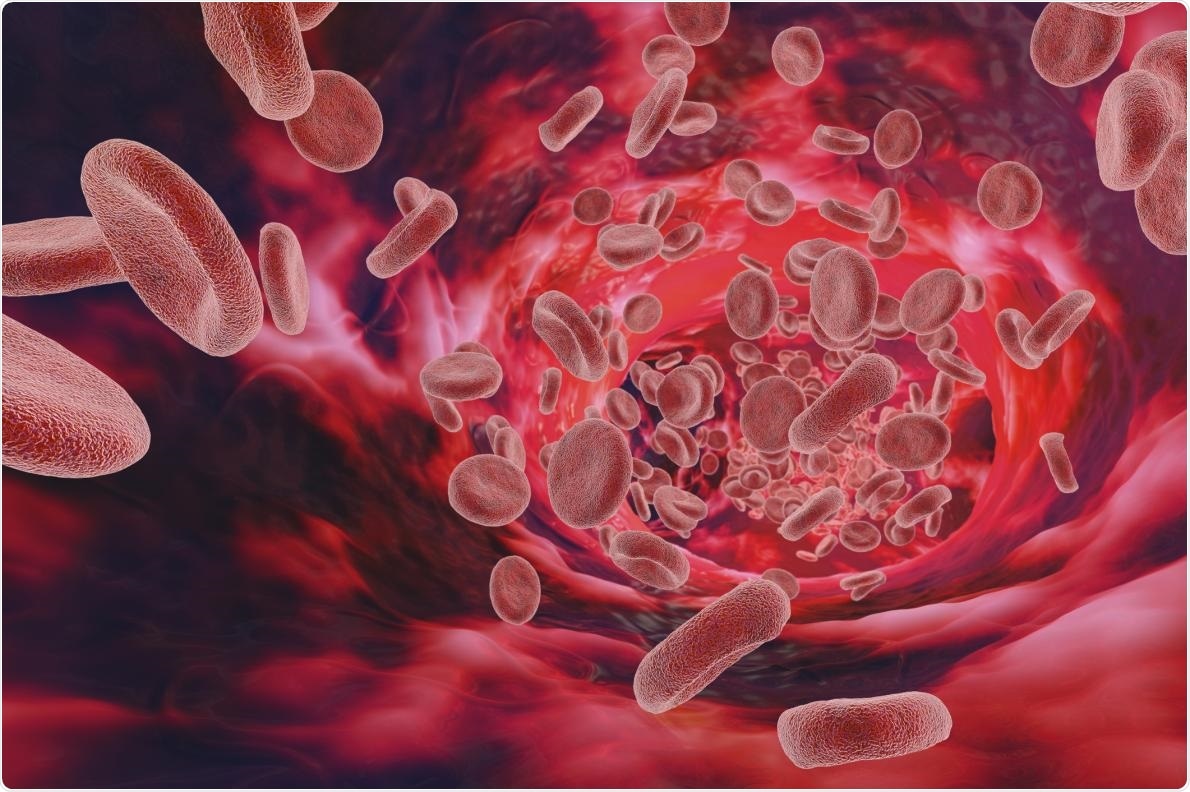Scientists identified two blood proteins that positively influence human health and lifespan. According to this greatest genetic research on aging, developing drugs that target these proteins might be one method to delay the aging process.

Image credit: Jonathan Kitchen via Getty Images.
After reaching adulthood, the human body begins to weaken, resulting in age-related illnesses and mortality. This recent study looks at the proteins that may have an impact on the aging process.
Genetics, lifestyle, environment, and chance are just a few of the many complicated and interconnected elements that influence how quickly people age and die. The research clarifies the role of proteins in this process.
Inheritance
Due to the DNA inherited from their parents, some people have naturally higher or lower quantities of specific proteins. Protein levels can have an impact on a person’s health.
The findings of six large genetic studies of human aging—each including genetic data on hundreds of thousands of people—were integrated by University of Edinburgh researchers.
Researchers found two proteins out of 857 that had substantial adverse effects on several aging markers.
People who inherited DNA that produces increased levels of these proteins were frailer, had worse self-rated health, and were less likely to live a long life than those who did not.
Protein roles
The first protein, known as apolipoprotein(a) (LPA), is produced in the liver and is believed to aid in blood clotting. Atherosclerosis, a disorder in which arteries get blocked with fatty substances, can be exacerbated by high levels of LPA. Probable results are heart disease and stroke.
The second protein, vascular cell adhesion molecule 1 (VCAM1), is located largely on the surfaces of endothelial cells—which form a single-cell layer that lines blood vessels. The protein regulates the expansion and contraction of blood vessels, as well as blood coagulation and immunological response.
When the body transmits signals that an infection has been identified, VCAM1 levels rise, allowing immune cells to penetrate the endothelium layer, as shown in patients with naturally low levels of these proteins.
Improved aging
Scientists explain that therapies that reduce LPA and VCAM1 levels in the body might improve quality and length of life in addition to treating diseases.
A clinical study exploring a drug to lower LPA as a strategy to reduce the risk of heart disease is one such example.
Although there are no clinical trials including VCAM1, research in mice has proven that antibodies that reduce the amount of this protein enhance cognition while aging.
This study was reported in the journal Nature Aging.
The identification of these two key proteins could help extend the healthy years of life. Drugs that lower these protein levels in our blood could allow the average person to live as healthy and as long as individuals who have won the genetic lottery and are born with genetically low LPA and VCAM1 levels.”
Dr Paul Timmers, Lead Researcher, MRC Human Genetics Unit, University of Edinburgh
Professor Jim Wilson, Chair of Human Genetics at the University of Edinburgh’s Usher Institute states, “This study showcases the power of modern genetics to identify two potential targets for future drugs to extend lifespan.”
Source:
Journal reference:
Timmers, P. R. H. J., et al. (2022) Mendelian randomization of genetically independent aging phenotypes identifies LPA and VCAM1 as biological targets for human aging. Nature Aging. doi.org/10.1038/s43587-021-00159-8.